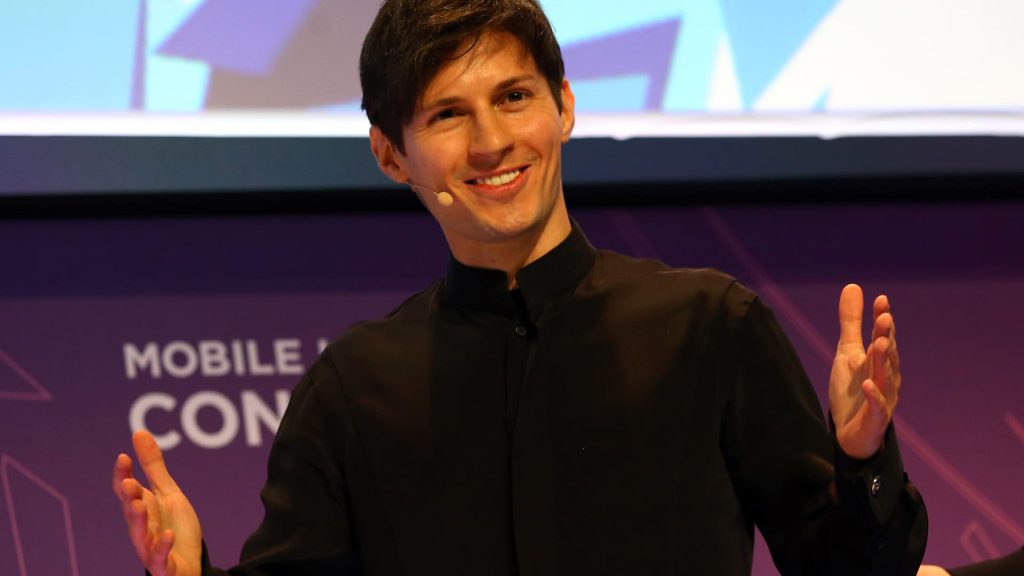Pavel Durov, the CEO of messaging app Telegram, was arrested in Paris on Saturday night for allegedly failing to prevent criminal activities on his platform. The Russian-born billionaire was accused of offenses related to organized crime, drug trafficking, cyberbullying, and terrorism promotion. The arrest warrant was issued by France’s OFMIN, responsible for protecting minors from violence. The Russian embassy in France demanded clarification on the reasons for Durov’s detention and sought to ensure his rights were protected. Durov’s lawyer was in contact with embassy officials.
Durov’s focus on freedom of speech, assembly, and markets has been evident throughout his career, including his decision to leave VK over a decade ago. His consistent emphasis on these values was highlighted in an interview with American commentator Tucker Carlson. Durov founded Telegram in 2013 as an uncensored and neutral platform accessible to users from diverse backgrounds and viewpoints. His commitment to these principles has been a central part of his leadership at the company.
Telegram has around 800 million users globally and is particularly popular in Russia and Ukraine. The platform’s reputation for security and privacy has made it a choice for many users seeking a secure messaging service. Durov’s arrest has raised concerns about potential impacts on the platform and its users. The accusations against him suggest a range of criminal activities facilitated through Telegram, leading to the arrest warrant issued in France.
News of Durov’s detention has sparked reactions from various parties, including the Russian embassy in France. The embassy’s demand for clarification on the reasons for Durov’s arrest and their efforts to ensure his rights are protected indicate a serious response to the situation. Durov’s lawyer’s contact with embassy officials suggests ongoing efforts to address the legal and diplomatic aspects of his case. The details of the accusations against Durov and the legal proceedings that may follow are likely to attract further attention in the coming days.
The arrest of Pavel Durov, a prominent figure in the tech industry, highlights the challenges faced by platform owners in managing content and activities on their platforms. The allegations of criminal activities connected to Telegram raise important questions about the responsibilities of messaging app operators in addressing misuse of their services. Durov’s case may prompt discussions about regulatory frameworks governing online platforms and the balance between freedom of speech and the prevention of illegal activities online. The implications of his arrest on the future of digital communication and privacy will be closely watched as the situation unfolds.
The developments surrounding Pavel Durov’s arrest underscore the complex interplay between technology, regulation, and personal accountability in the digital age. As the CEO of a widely-used messaging app, Durov’s actions and decisions have far-reaching consequences for millions of users around the world. The allegations against him raise concerns about the potential misuse of Telegram for criminal activities and highlight the challenges faced by tech companies in ensuring the security and integrity of their platforms. The legal and diplomatic responses to Durov’s arrest will shape the broader conversation on online freedom, privacy, and accountability in the digital realm.















